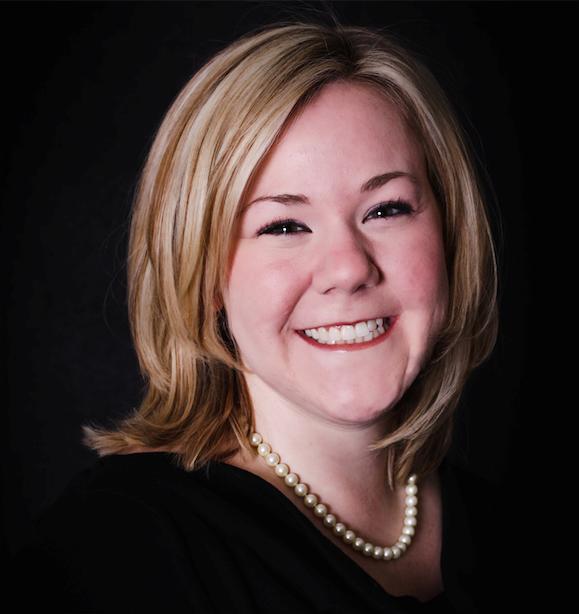By Jeff Brumley
Licensed clinical social worker Christen Argueta often delved into clients’ religious and spiritual views when she worked for a nonprofit counseling agency for children and families.
The Houston-based counselor said it was important to do so because matters of faith can be crucial in understanding, and helping heal, the entire person.
“It shouldn’t be any different than asking them about their marriage or about their children or their parents or the backgrounds they come from,” Argueta said.
But for many licensed clinical social workers, or LCSWs, apparently it is different, according to a new study co-authored by a Baylor University scholar.
The study, published in the latest edition of the journal Social Work, reports that 80 percent of 442 social workers surveyed have positive views about integrating religion and spirituality into discussions with their clients, and are confident about their ability to do so.
“But they’re not doing it,” according to a news release accompanying the study, “The Integration of Clients’ Religion and Spirituality in Social Work Practice.”
And it’s that disconnect that has the study’s co-author, Baylor Assistant Professor of Social Work Holly Oxhandler, perplexed.

Oxhandler told BNG that she never expected such a disparity between attitudes and action.
The gap between knowledge and practice includes a desire by both client and practitioner to explore religion and spirituality, but neither really knows how to initiate that conversation, Oxhandler said.
It was also discovered that some LCSWs avoid introducing the topic of religion fearing it may be mistaken as proselytizing, she said. More than 80 percent of those surveyed said they are “moderately or very” religious or spiritual.
A contributing factor to those concerns may be that that only 13 percent of social workers reported having taken a class or any training on how to hold such conversations, Oxhandler added.
“If they don’t receive that training, there’s a risk that they are not integrating their clients’ religion ethically or effectively” into counseling, she said.
‘Kind of interesting’
But there is little such risk for LCSWs who work in the hospice field, said Mary Beth Hunt, a psychosocial supervisor at Jacksonville, Fla.-based Community Hospice of Northeast Florida.
While the Baylor study focused largely on social workers in private practice, those surveyed included LCSWs working in medical settings, including hospitals, child welfare organizations and hospices.
One of the key tasks for hospice social workers is to conduct psychosocial spiritual assessments of new admissions. Among other things, the evaluations seek to elicit detailed information about a person’s religious and spiritual beliefs and upbringing, Hunt said.
They are also asked how they are coping with their disease and how, if at all, any religious beliefs or practices could help them. Hunt said chaplains are usually called in to help once religious profiles are established.
Social workers should feel no discomfort in the process because it’s not about them, she said.
“It’s not me sharing what my specific beliefs are, but about what support they get from their faith” as their lives come to an end, Hunt said.
Patients open to the process often experience acceptance of their situations, she said.
Of course, many patients claim no religious affiliation or beliefs, she added. And LCSWs sometimes must help patients and their families negotiate disagreements about spirituality and religion.
“So it can get kind of interesting,” she said.
‘Not spiritual leaders’
Assessing clients’ religion and spirituality is equally important in settings outside of hospice, said Argueta, a graduate of Baylor University’s social work program and currently a lecturer at its newly opened Houston campus.
Failing to address the spiritual part of their lives can hide an important and potentially powerful source of healing from medical and mental illnesses, she said.
“In our offices we get snippets of their lives but as social workers we aim to understand everything that contributes to bringing them into our offices,” Argueta said.
Say a patient reveals they are having problems praying. Arguela said she can use that information to ask more questions to build a picture of how faith functions in that client’s life and how it may be contributing to duress.
Her response may be to ask more questions about what is lacking in their prayer life and if the client is comfortable speaking to their rabbi or pastor.
“I am not going to say ‘here’s how you pray correctly,’” she added. “We are not trying to become their spiritual leader at all.”
